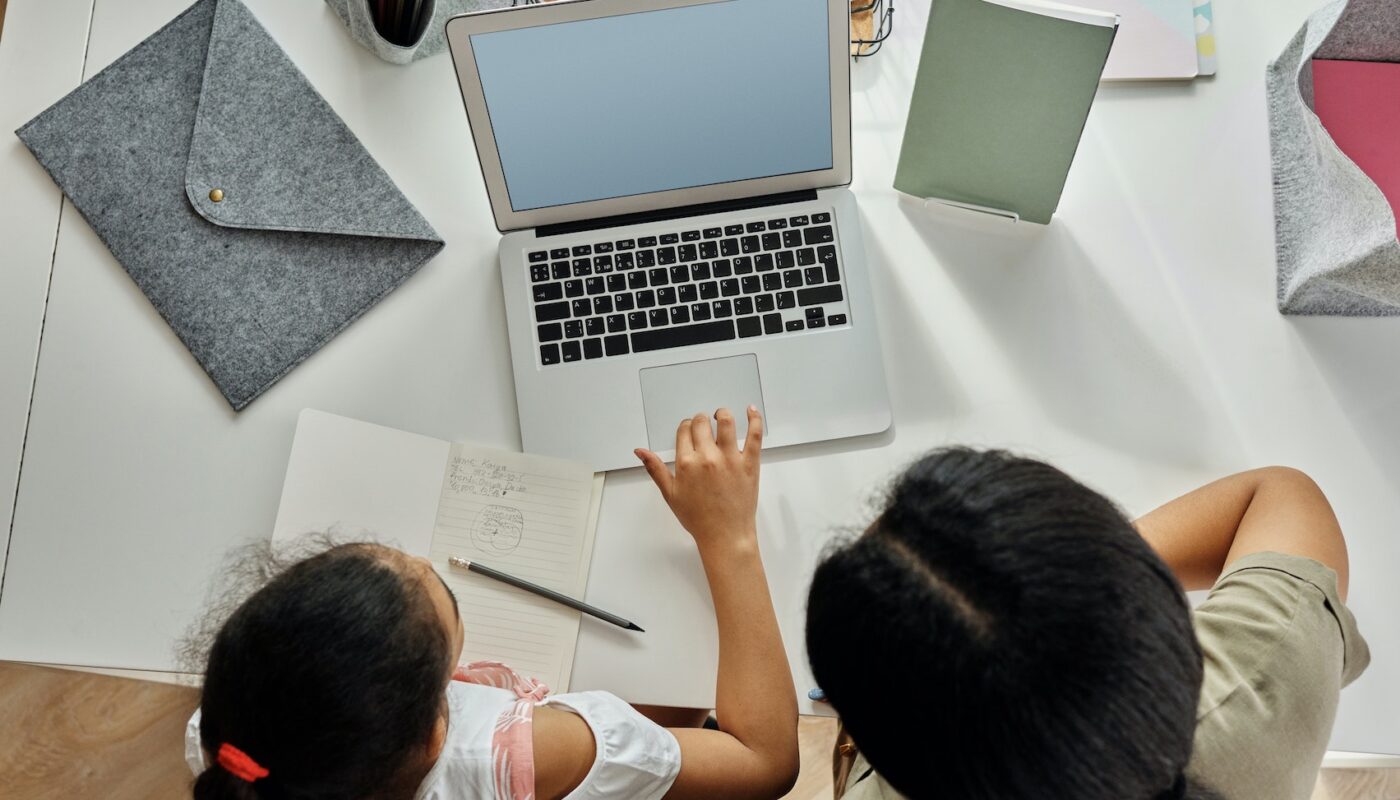Uncategorized
Pandemic Stress: Symptoms and What to do to Support our Children
This pandemic has stressed EVERYONE out. Children are no exception. Kids take their cues from their parents. If we are stressed, then they will see it and it can affect them. Here are some signs of stress I hear daily from children I see in counseling and some solutions for parents.
- I am bored. ALL parents have heard this. We have been in the house for over six months now (some of us more than others.) Kids have not had their typical access to activities outside of the house. Sports, exercises, summer camps, churches, day camps, sports leagues, etc. This causes stress since they are not around their peers. TV, Roblox, Fortnite, and Tik Tok have truly become their go-to friends.
- Sleeping for long periods of the day. What else have kids had to do? Many sleep because they can. Others use sleeping to deal with the stress they feel. Even when they wake up, they aren’t bright and chipper.
- Poor hygiene. “Where am I going, I need to put clothes on?’ kids say. It is not uncommon for children to wear the same clothes day after day during this pandemic. Many don’t feel the need to bathe, put on lotion, deodorant, or use mouth wash. (ALL are needed.) This can be a sign of depression and stress.
- Withdrawal from normal activities. Even though it is a challenge to do things normally in the pandemic, kids that are stressed pull away from things they can do. They might stop playing instruments they enjoyed. Now say they don’t like activities that they used to love. In their mind, if I say I don’t like it anymore, I can’t miss it.
- They may spend hours in their room away from everyone else. They might not eat with the family as they used to. Eating schedules are off and emotional eating and snacking are now a habit to them.
- Change in temperament/attitude. Parents often ask me” Where is my child that I used to know? I just don’t understand my child anymore.” Stress from isolation and loneliness can cause children to become sullen, sad, angry, frustrated, irate, and afraid. Many children have lost loved ones due to COVID-19 an and they weren’t prepared for it. No one was. They might have to have unable to see sick loved ones due to COVID restrictions and they were unable to say goodbye. They feel like they have unfinished business.
- Loss of accomplishments. Millions of children had no graduation this year. They missed birthday parties, bar mitzvahs, quinceañeras, and other significant events that are celebrated yearly. Even with the zoom parties, and drive-bys it is different from an official ceremony and having hugs, and kisses, pomp, and circumstance.
- Loss of affection. Where is the love? Since the pandemic occurred, we all have been love-starved. We can’t high five anymore, hug or embrace the way we used to with people we love. We can’t visit loved ones without protective gear, or we risk exposure to the COVID-19 or spreading it to others unknowingly.
- Lack of motivation in school. Since children were all schooled online in March, many kids were confused as well as the parents about the expectations of the school. What was graded? Standardized tests were canceled. Most children were promoted, even ones who were previously considered being retained. Often assignments were videos to watch or papers to compete with limited or no instructional support. What about children with no computers or internet access? They had packets of work to complete with little guidance. Parents became teachers and had to resort to google for support. It was a mess for many families. This was very stressful for people.
- Fear. kids are afraid they or you might die. They might be clingy or nervous. Some kids put up walls as protection. They deny fear and put on aa tough front. Some kids are afraid to touch you, others are afraid to be out of your sight. All are normal reactions of fear and distress.

Solutions for Parents
- Be patient with yourself and your child. This is uncharted territory for us all. There is no manual to follow. Mistakes will happen. Be kind, truthful, and forgiving and move on. Their pain is real.
- Allow children an outlet to share their fears and frustrations. Allow them to journal their feelings if they don’t want to talk to you. Have time to yell and scream for your kids to get their fear and anger out safely. It has been a scary time and it is okay to acknowledge that. Let them talk to their friends, other family members, or seek professional support for a neutral party your child can talk to.
- Focus on what you can do and not on what you can’t. Encourage your children to do the same thing. ” You can’t go see your friends, but you can video chat with them.”
- Count your blessings. Share some of your victories as a parent with your children. Time is one thing we can never get back. During this pandemic, families are together now more than ever because we must be. Talk positively about each other and learn to embrace each person’s strengths. Being home together can be a great time to bond and strengthen families. Play board and card games, charades, exercise together, make crafts and bake or cook with your kids, have movie nights, and laugh often. Creativity is key and encouraged.
- Don’t sweat the small stuff. The house doesn’t have to be immaculate now. Maybe reorganize or redecorate their room, with their input and assistance, or enlist their support with a project around the house they can take pride in. Don’t force them. They need to have choices since they feel they are limited during this pandemic.
- Share your concerns about your child with them and let them know you care. Encourage them and praise them often. Let them know that they are safe and secure. This is a basic need we all have. It is okay to be afraid and evens stressed at times during this pandemic, but the key to is get it off your mind as quickly as possible. Focus on the positive, not on the negative things.
There are COVID support lines to call and mental health professionals available to assist and provide coping skills and stress relief. - Acknowledge their losses and yours as well. If you have lost people you love, talk about the happy memories you had with them. Look at photos you took and discuss trips and activities you all engaged in. Don’t pretend it doesn’t impact you. Kids know phonies when they see them. Seek grief counseling if needed. Especially if you have lost family members or other loved ones from the pandemic. There are virtual support groups available.
- Be consistent. Kids need structure even in a pandemic. This helps them feel safe. Have a schedule for your kids. Set bed and wake up times are needed along with a cut-off times for technology for kids. Homework and chores should still be a part of their daily routine. Eating healthy and exercising often also helps decrease stress and fuels the body to fight off anxiety.
- Last, instill hope in your kids. Ask them questions to check their mental state. Tell them you love them and are there for them. Make sure they don’t feel hopeless and if they do seek professional help. The pandemic won’t last forever. People will return to work and school at some time. This too shall pass.


This is such a fantastic post! Your research on this topic is extremely commendable and your writing is very captivating. Keep up the fantastic work!
Thanks I hope it helps families.
Your passion for your subject matter shines through in every post. It’s clear that you genuinely care about sharing knowledge and making a positive impact on your readers. Kudos to you!
Thanks.
I am impressed with this website , very I am a big fan .